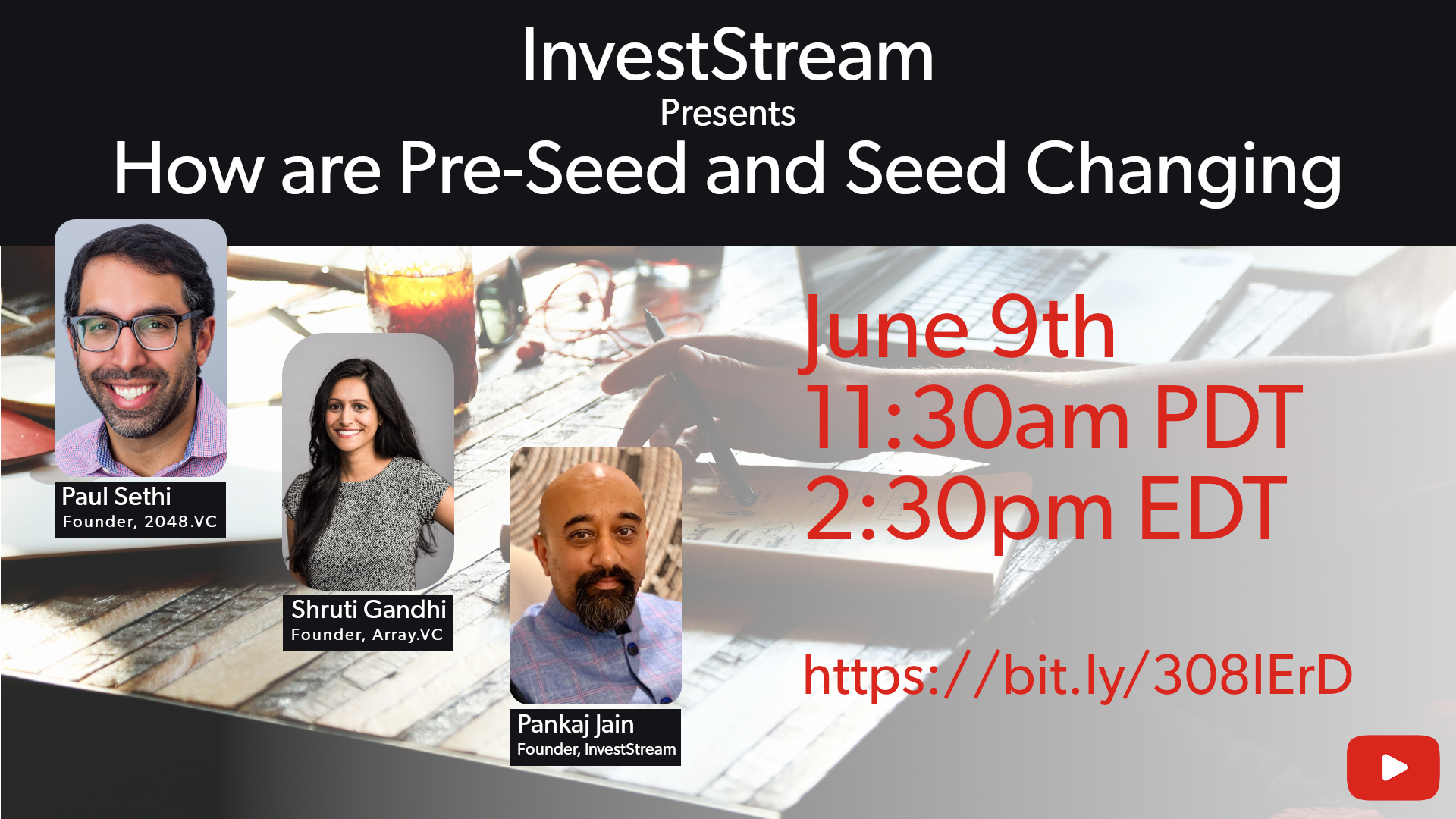Tag: founder
-

Founders Doing Due Diligence On Investors
Doing due diligence on investors is something that should be discussed more frequently. It’s important for founders to take the time to understand who the investors are, how do they help and support the companies they invest in, how do they react when things aren’t going as well as hoped for. Spending some time doing…
-
Early-Stage Startup Deal Terms in India 2020
There was a recent thread on Twitter about how even in 2020 angels and VCs in India continue to put ridiculously onerous terms into early-stage deals. I am tired of devils masquerading as angels & angel networks in the Indian startup ecosystem. These assholes have screwed many founders by normalizing abusive terms. Holding founders hostage…
-

How are Pre-Seed and Seed Changing in 2020?
A lot is changing in the startup world. Even before getting hit with COVID-19, the definitions of pre-seed, seed, post-seed/pre-series A were changing at a fast clip. Many early-stage VCs were moving downstream, writing larger checks and investing in later rounds. At the same time, larger, late-stage VCs were either ramping up their scout programs…